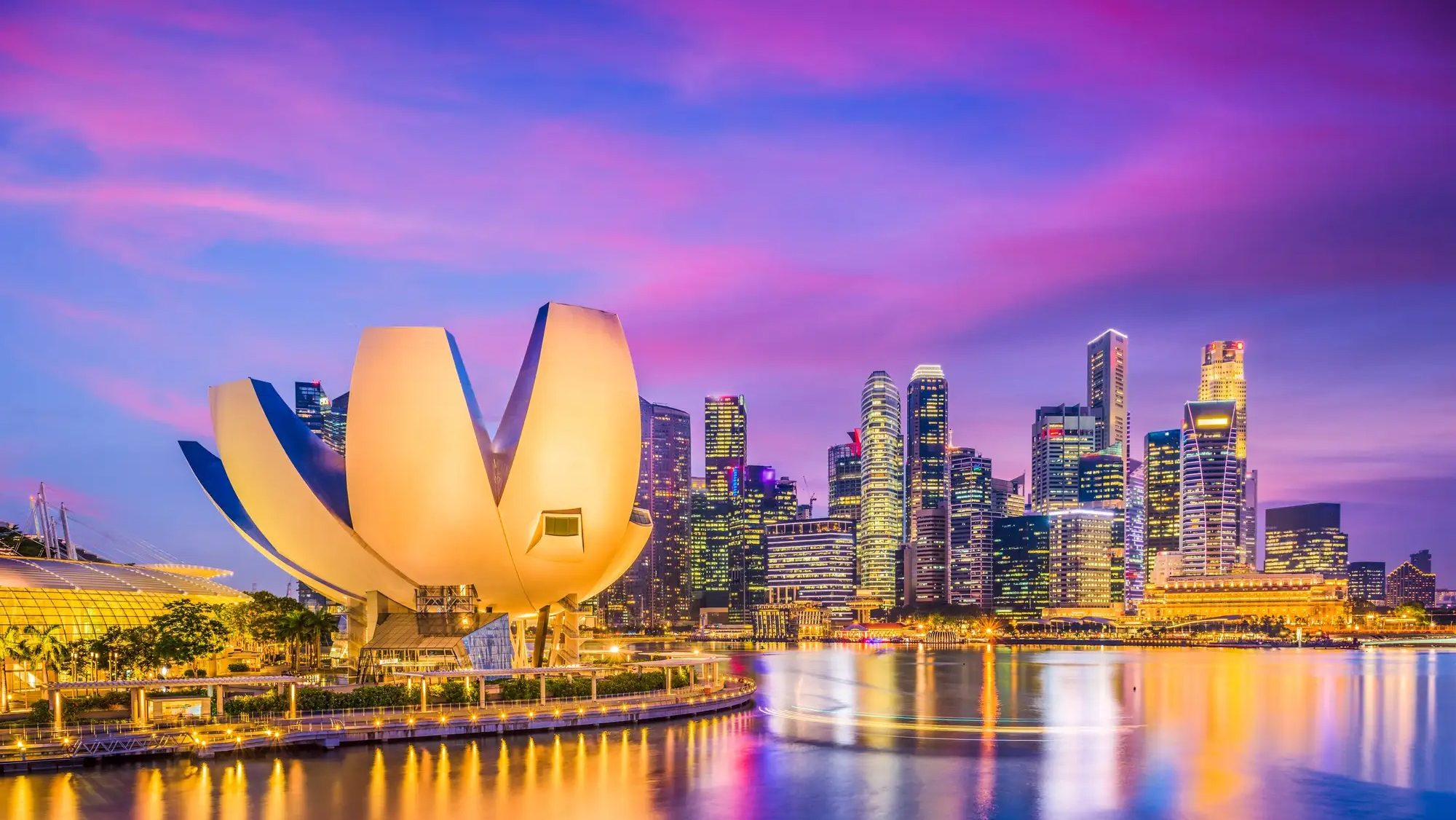SINGAPORE: Despite facing global economic headwinds, Singapore’s fixed-asset investments grew by 6.3% in 2024, a steady increase over the previous year. With an influx of $13.5 billion in commitments, the country’s Economic Development Board (EDB) emphasized the nation’s resilience in attracting foreign investments despite a complex global investment climate. However, geopolitical tensions and rising trade wars will challenge the investment environment 2025.
Electronics sector leads investment surge
According to the latest Straits Times report, the electronics sector contributed the most fixed asset investments in 2024, nearly 57% of total commitments. This surge is largely attributed to a strong semiconductor outlook fuelled by emerging trends like artificial intelligence (AI) and digitalization. Despite concerns over US investigations into Chinese companies involved in semiconductor trades in Singapore, the EDB remained confident in the country’s position, referencing compliance with export controls.
Other sectors showing strong investment interest included biomedical manufacturing (16.5%) and professional services (8.4%).
The chemicals sector, however, saw a sharp decline from 35.6% in 2023 to just 2.7% in 2024, attributed to an oversupply in global production. New growth sectors such as precision engineering, AI, and sustainable products are expected to be key focus areas.
Job creation and protectionist challenges
The projects secured in 2024 are expected to generate around 18,700 new jobs, slightly down from the previous year but still above the EDB’s medium-term goals. Nearly half of these new roles will be in services, while manufacturing and R&D will also see significant contributions. Jobs will primarily be in professional, managerial, and executive positions, with two-thirds expected to offer gross monthly wages above $5,000.
However, the global economic outlook remains uncertain. With growing protectionist policies and trade tariffs—particularly from the US—EDB Managing Director Jacqueline Poh highlighted the potential impact of these shifts on global trade and growth. Despite these challenges, Singapore’s strategic location in Asia and its growing economic integration within Southeast Asia remain key advantages in maintaining its appeal as a hub for global investment.
Embracing new growth sectors
Singapore’s investment strategy will focus on attracting investments in emerging growth sectors such as AI, digitalization, and climate technologies. By positioning itself as a global leader in innovation and R&D, the EDB aims to solidify the country’s place as a preferred destination for multinational corporations, start-ups, and research institutions. This will foster collaborations between local businesses, global companies, and government agencies like A*Star and Enterprise Singapore.
The development of the new Johor-Singapore Special Economic Zone is also expected to open more doors for cross-border partnerships and regional growth.
As global economic dynamics evolve, Singapore is determined to remain a leader in innovation and investment in Asia, ensuring sustainable long-term growth and job creation.

